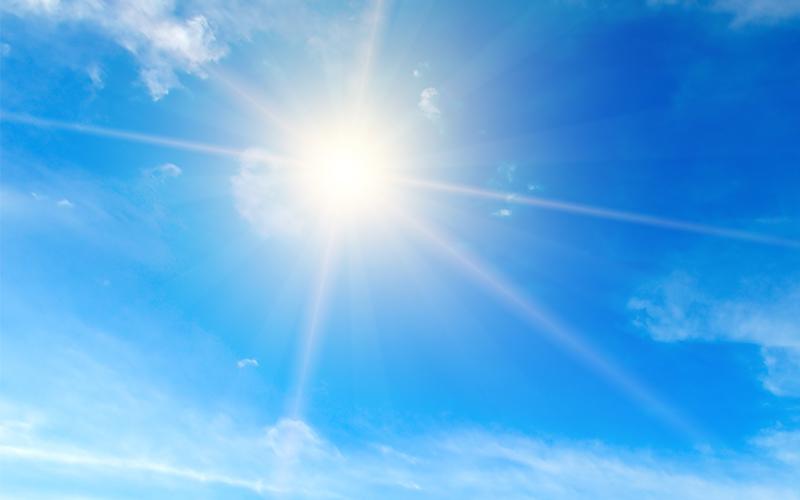Our age, health, and lifestyle determine how sensitive we are to pollution and weather conditions.
Exposure to hot weather can be harmful to health. On the other hand, freezing weather also increases respiratory symptoms.
In Finland, the air quality is among the highest in the world. Thanks to this, air pollution does not pose permanent or significant health risks to the majority of people. However, elderly people, small children, and people with respiratory or heart diseases are sensitive to air pollution.
Air impurities can cause coughing, rhinitis, shortness of breath, reduced functional ability, and respiratory inflammation or irritation, as well as asthma attacks and flare-ups. Exposure to pollutants can make the airways more sensitive to other irritants, such as freezing air or pollen.
Factors that have a negative effect on air quality include traffic, energy production, industry, residential wood burning, and long-range transport of airborne pollutants.
Fine particles are the most significant environmental exposure agent affecting health. Other air pollutants include coarse particles and nitrogen oxides.
Efforts are made to reduce pollutants through regulation, technology, and energy conservation. Everyone can contribute to better air quality through their actions and choices.
Related content
- Air quality and pollutants
- Cold weather
- Fine particles
- Hot weather
- Pollen
- Street dust
- Traffic
- Wood burning and air quality issues
